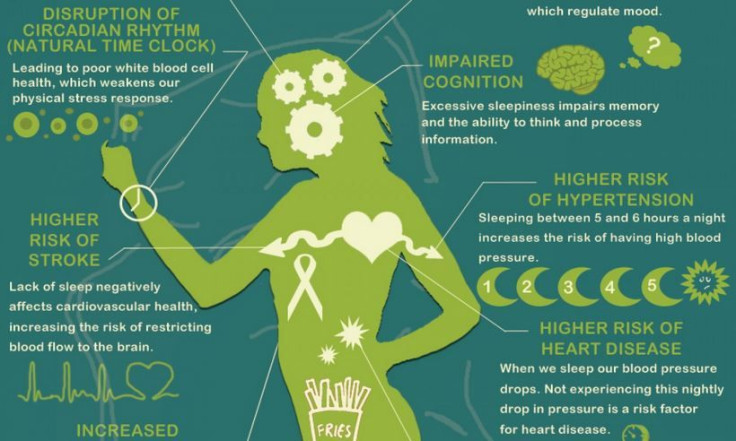Sleep Deprivation Changes Our Genes, Which Hurts Our Overall Health

Losing one night of sleep may make you feel groggy tomorrow, but miss too much and the risks start to build up. The more scientists study the benefits of a restful night’s sleep, the more they learn that an eight-hour slumber rejuvenates just about every system in your body. And likewise, missing out on it can yield some devastating consequences.
Despite, or perhaps because of, the tireless American work ethic, people are getting surprisingly little sleep each night. The Centers for Disease Control and Prevention has called insufficient sleep a “public health epidemic,” as an estimated 50 to 70 million adults in the U.S. suffer from a disorder of sleep and wakefulness. In a separate measure, nearly 40 percent of people reported unintentionally falling asleep at least once in the past month.
To add insult to injury, lost sleep is mostly irretrievable. You can’t pay back the hours you missed during the week by sleeping later on the weekends, at least up to a certain point. Dr. Reghu Reddy, a sleep medicine specialist at the University of Arkansas for Medical Sciences, says five hours of lost sleep in a week can be made up over the weekend. But lose over 20 hours and you won’t feel replenished just by repaying your debt.
Do yourself a favor: Treat sleep like you treat food and water. It’s indispensable. No amount of gained productivity is worth the sacrifice.



























